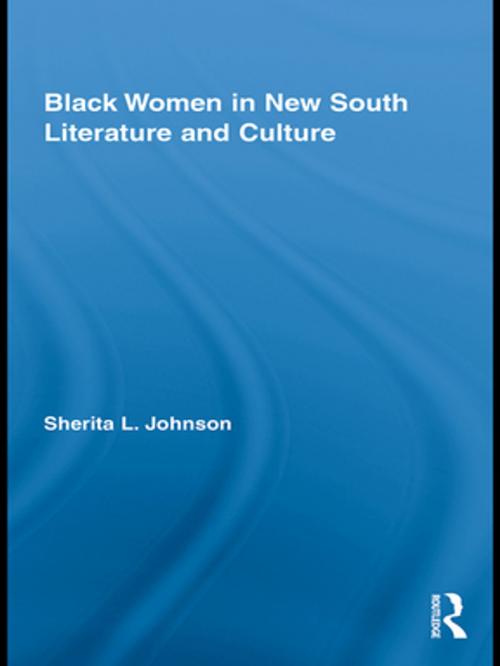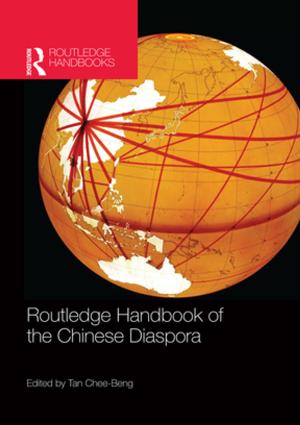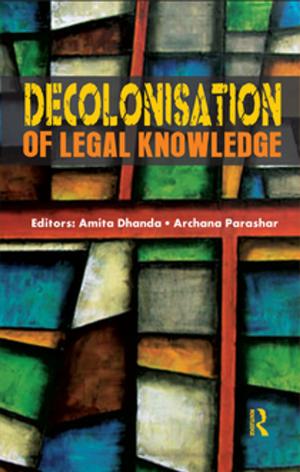Black Women in New South Literature and Culture
Fiction & Literature, Literary Theory & Criticism, Black, Nonfiction, History, Americas, United States, 19th Century| Author: | Sherita L. Johnson | ISBN: | 9781135244453 |
| Publisher: | Taylor and Francis | Publication: | September 11, 2009 |
| Imprint: | Routledge | Language: | English |
| Author: | Sherita L. Johnson |
| ISBN: | 9781135244453 |
| Publisher: | Taylor and Francis |
| Publication: | September 11, 2009 |
| Imprint: | Routledge |
| Language: | English |
Using the "the Negro Problem" in African American literature as a point of departure, this book focuses on the profound impact that racism had on the literary imagination of black Americans, specifically those in the South. Although the South has been one of the most enduring sites of criticism in American Studies and in American literary history, Johnson argues that it is impossible to consider what the "South" and what "southernness" mean as cultural references without looking at how black women have contributed to and contested any unified definition of that region. Johnson challenges the homogeneity of a "white" South and southern cultural identity by recognizing how fictional and historical black women are underacknowledged agents of cultural change. Johnson regards the South as a cultural region that (re)constructs black womanhood, but she also considers how black womanhood have transformed the South. Specialists in nineteenth and twentieth century American literature will find this book a necessary addition, as will scholars of African American Literature and History.
Using the "the Negro Problem" in African American literature as a point of departure, this book focuses on the profound impact that racism had on the literary imagination of black Americans, specifically those in the South. Although the South has been one of the most enduring sites of criticism in American Studies and in American literary history, Johnson argues that it is impossible to consider what the "South" and what "southernness" mean as cultural references without looking at how black women have contributed to and contested any unified definition of that region. Johnson challenges the homogeneity of a "white" South and southern cultural identity by recognizing how fictional and historical black women are underacknowledged agents of cultural change. Johnson regards the South as a cultural region that (re)constructs black womanhood, but she also considers how black womanhood have transformed the South. Specialists in nineteenth and twentieth century American literature will find this book a necessary addition, as will scholars of African American Literature and History.















